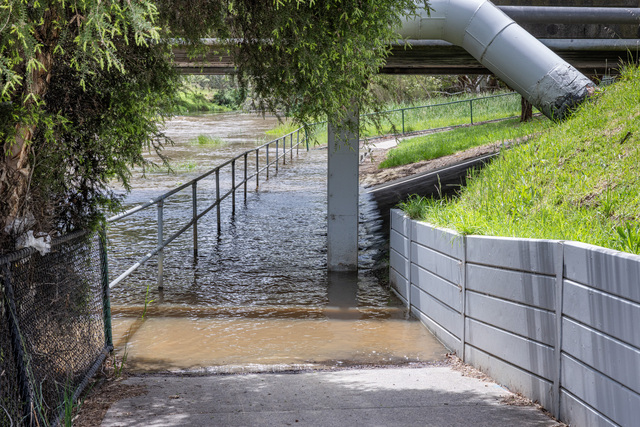Nick Verhaar
If you’ve ever used the Internet, you would definitely understand the annoyance of having to wade through thousands of search results regarding issues that have absolutely no concern to you at all.
There are many little tricks and techniques to make search criteria more specific, resulting in better results.
This means users are more likely to be taken to a site that includes detailed information on exactly what they are looking for, rather than an endless string of useless garbage.
An important rule to remember is that if search criteria is vague, search results will also be vague.
Imagine walking into a library and telling the librarian you’re looking for a book about music.
Chances are the librarian will ask you to be more specific.
Imagine the Internet is a library, and the search engine is a librarian. The librarian can only find what he or she is told, and the more specific the user can be, the better the chances become of finding exactly what’s wanted.
When searching, use words that directly relate to the topic. For example, if wanting information regarding John Howard, the search criteria should include words such as ‘John Howard’, ‘Australian Prime Minister’, and any other related terms that may help narrow down search results.
If searching for a page containing an exact string of words, a phrase, or even a specific quote, include quotation marks around the search criteria.
Performing a combination of the two of these techniques can also be effective.
If searching for something along the lines of “The Prime Minister of Australia” John Howard, the search engine would search for that exact phrase in quotation marks, but also produce pages including the words ‘John’ and ‘Howard’ at the top of the page.
Google has great tips available at www.google.com.au/help/basics.html
The art of searching
Digital Editions
-

Noble Park locked and loaded
Purchase this photo from Pic Store: 520678 Noble Park (7/121) can begin preparations for a finals campaign in the Victorian Sub-District Cricket Association after locking…















